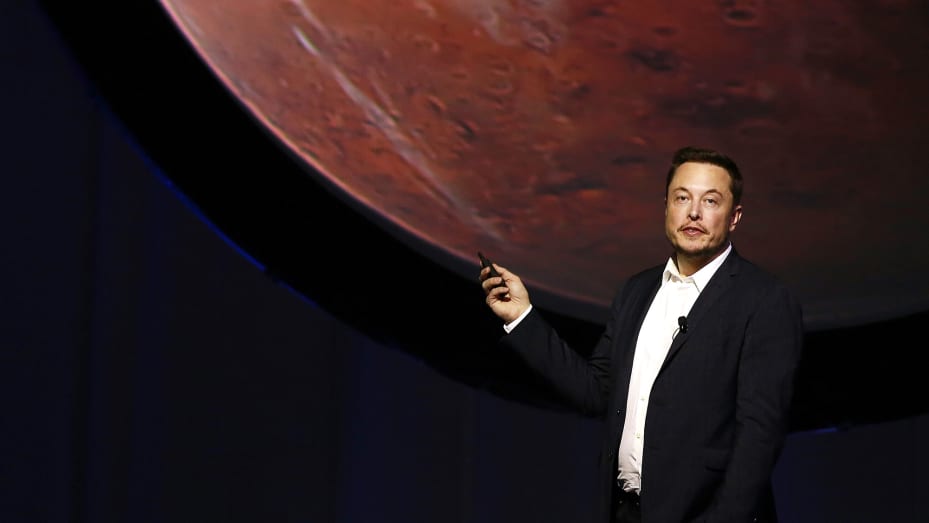The first commercial space lander to Mars will be launched by two startup space businesses by 2024, one of which is run by a founding member of Elon Musk’s SpaceX. The news was released on Tuesday by Relativity Space and Impulse Space, headed by former SpaceX employee Tom Mueller. The founder and CEO of Impulse Space, Mueller, called this a significant accomplishment for both Impulse and Relativity as well as the broader space business.
“The ‘glide stage,’ which incorporates an aeroshell to encase the lander for the survival of Mars descent, is one of the most difficult parts of landing on Mars. I have no doubt that we will accomplish many more missions of this kind in the future because of the combined expertise, experience, and enthusiasm of all of our teams. In 2024, the new alliance intends to launch the Mars Cruise Vehicle and Mars Lander of Impulse from Cape Canaveral, Florida.
According to the press statement for the news, the exclusive agreement will last until 2029. In an attempt to shake up the market and cut the time needed to reach Mars, the Terran R rocket will only be 3D printed using Relativity’s specialized printing technology. The Terran R launch vehicle will be equipped with an integrated cruise vehicle, entry capsule, and Mars lander, according to Impulse Space. The first commercial equipment will be placed on another planet’s surface after a more than a six-month journey across interplanetary space.
According to Tim Ellis, co-founder, and CEO of Relativity Space, “we think creating a multi-planetary future on Mars is only achievable if we encourage dozens to hundreds of enterprises to collaborate toward a single aim.”
“This is a huge undertaking, but if we succeed, it will open up new opportunities for human experience in two worlds throughout our lifetimes. We are moving mankind one step closer to making a colony on Mars a reality by combining the delivery capabilities of Terran R with Impulse’s in-space transportation.
Through the cooperation of two low-cost commercial suppliers, this is a historic and significant relationship with Tom and the whole Impulse team that will establish and grow our presence on Mars, he said.
It’s vital to remember that neither business has ever sent a rocket into orbit. In 2021, Mueller’s business was established. The second business in the unusual cooperation, Relativity Space, has developed a novel method for creating and launching its own 3D rockets. With “a radically streamlined supply chain, constructing a rocket with 100x fewer components in less than 60 days,” the entrepreneurial initiative promises to upend 60 years of aerospace architecture. Since its debut in 2015, Relativity has raised more than $1 billion.
In an interview with Ars Technica, Mueller said that “this is a whole new age of spaceflight” and that his team wanted to be prepared to provide dependable, affordable in-space propulsion. The inventor of SpaceX, Elon Musk, on the other hand, said in a December article published by Time magazine that he intends to send people to Mars by the end of the decade and that they would visit the Moon by 2023. However, this timeframe is regarded as questionable. By 2050, Musk wants to establish a metropolis on Mars.
Source: The Daily Wire

